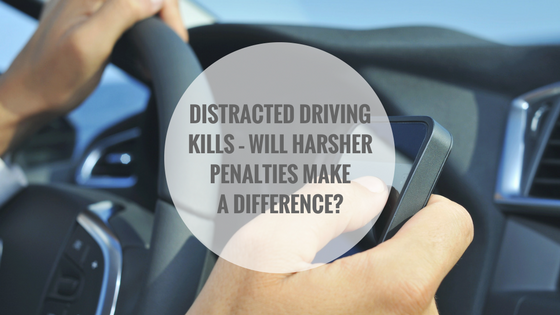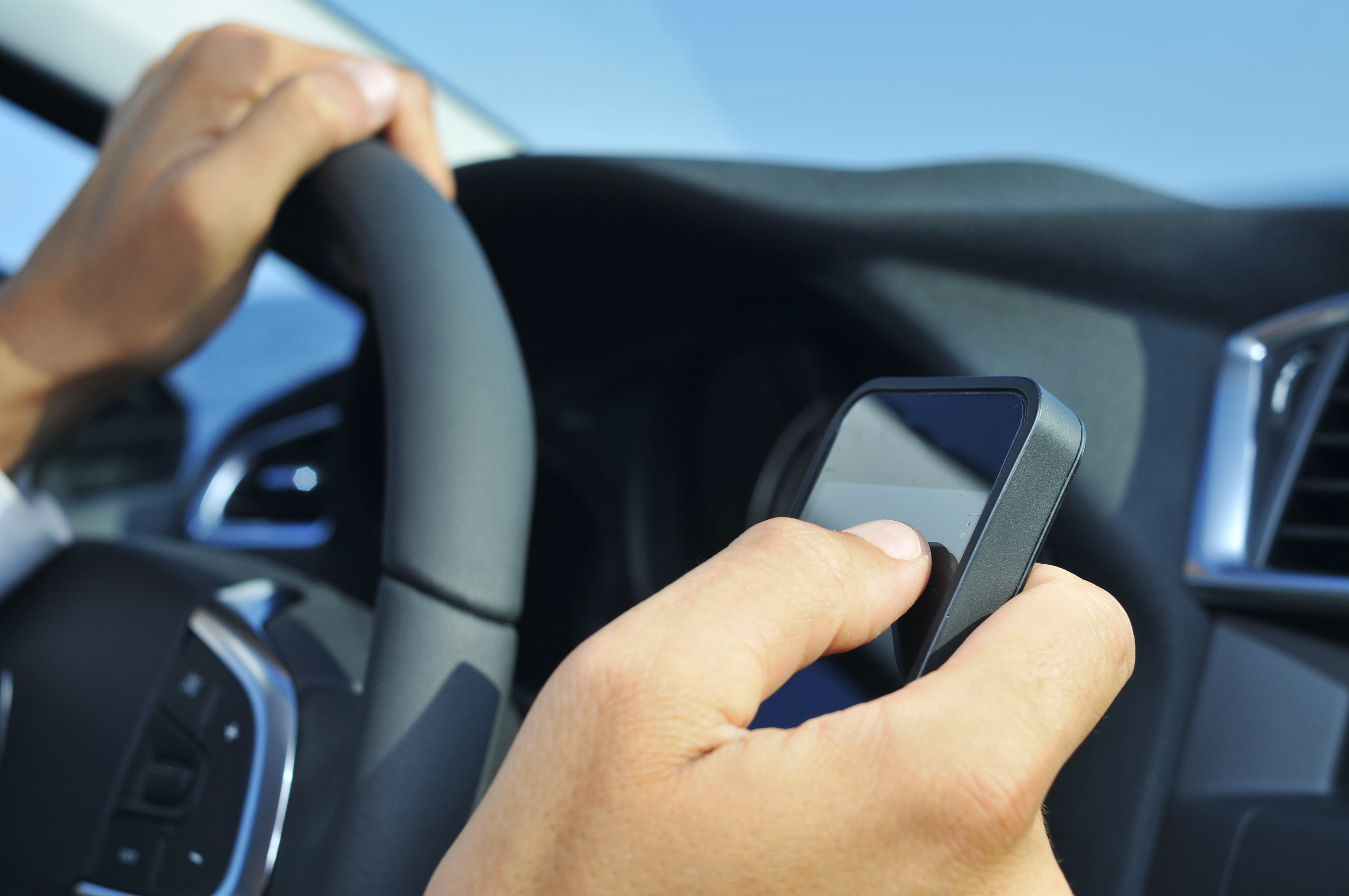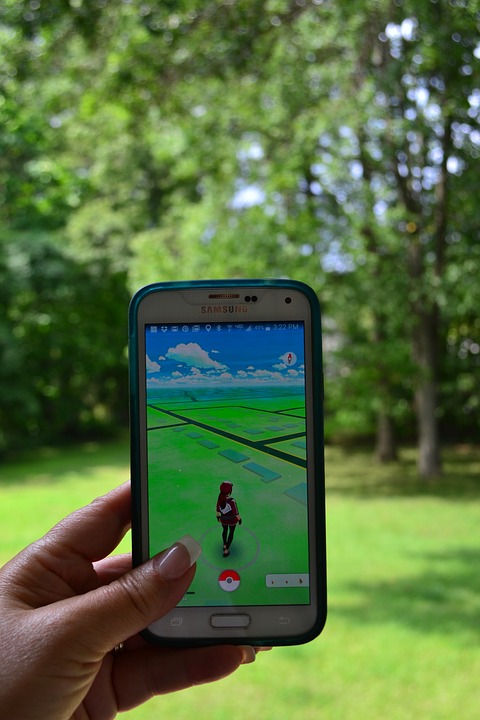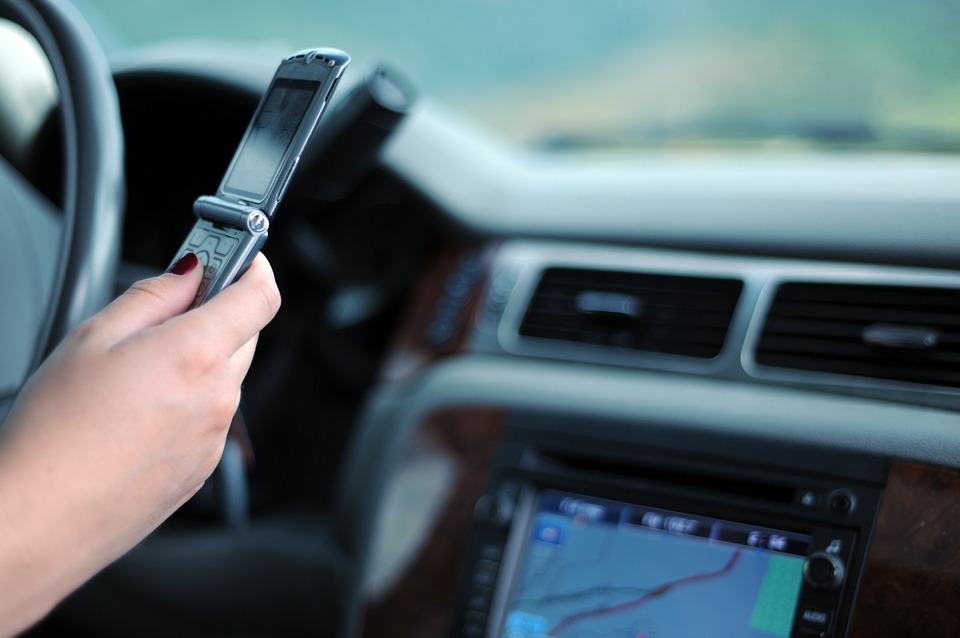Julie Entwistle, MBA, BHSc (OT), BSc (Health / Gerontology)
Welcome to 2019! While the New Year is a wonderful time to reflect, organize, plan, appreciate and look forward with enthusiasm and gratuity, this year in Ontario it is also an important time to familiarize ourselves with the new laws for Distracted Driving.
Working in Ontario’s insurance industry, our role as Occupational Therapists is to help people recover from car accidents. While this work is both rewarding and fulfilling, it is also fraught with heartache and loss as we meet and work with people who have endured so much, and sometimes “lost everything” with their accident. We see loss of income, function, or hope. Sometimes there is the corresponding death of a child, spouse, friend or family member. There is a loss of roles, purpose, and meaning. Occasionally an accident causes poverty and loss of shelter, independence and a means of transportation. Recovery is not easy, it always takes longer than people expect or want, and the insurance system is designed to challenge the client (oddly their “customer”) for what they want and need to get better. Talk to anyone in the system and most (all?) say they just “want their old life back”. It is important that we listen to them and their stories and do all we can to prevent ourselves from causing someone else’s loss, or from becoming a “client” ourselves.
Yet, despite all the ongoing education and media about how unsafe distracted driving is, I still see it daily. I can typically count 3-5 people per day that I see driving and texting or texting at a stop light. The easiest ones to spot are on the highways as you see them drifting lanes and quickly over-correcting. I suppose all of these offenders believe “it won’t happen to me”…until it does. Hopefully, these new laws will scare them straight, or they will be ticketed and stop this unsafe behavior before they hurt themselves or others.
So, what are the new distracted driving laws in Ontario (https://www.ontario.ca/page/distracted-driving):
Distracted driving is no longer limited to just texting and making phone calls. It also now includes anything from simply holding an electronic device in one’s hand to eating while behind the wheel.
- Simply holding an electronic device in your hands (hand-held communication during driving is against the law)
- Using a cellular phone to talk, text, check maps or switch playlists
- Eating (there may not be a license suspension, but the RCMP warn you could be fined or given six demerits depending on the food)
- Reading books or documents
- Typing a destination into the GPS
What are the consequences:
- First offence: 3 days suspension and $1,000 fine
- Second offence: 7 days suspension and $2,000 fine
- Three or more offences: 30 days suspension, $3,000 fine and six demerit points
For Novice Drivers (G1, G2, M1 or M2 license) the rules are different and include:
- First offence: 30 days suspension and $615-$1000 fine
- Second offence: 90 days suspension and $615-$2000 fine
- Three or more offences: Cancellation of your license, $615-$3,000 fine
So, what is allowed:
- a hands-free device (e.g. Bluetooth) but only to turn it on and off
- a mounted device (e.g. phone, GPS) as long as it is secure – not moving around while driving
What do you have to lose by being a Distracted Driver? Maybe nothing, or maybe everything: your physical, mental or emotional function, your job, spouse, house, car, your independence and freedom, your pain-free “do what I want when I want” physical and mental abilities…or maybe you don’t lose those, you just cause the loss of those for others which might launch you into a lawsuit that takes years to resolve and threatens every asset you have and the livelihood of you or your family. Or, maybe it just riddles you with guilt as you live every day with the knowledge that you killed or hurt someone. And all for a text or a call? Or to multi-purpose driving and eating a hamburger? Sorry, but nothing is more important than the protection of the health and wellbeing of ourselves, our family, and others.





